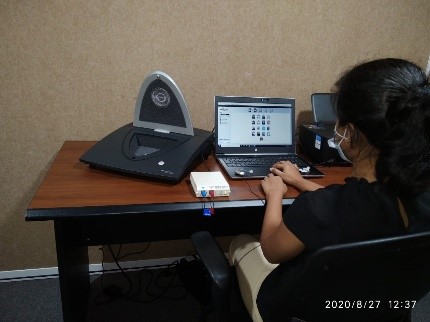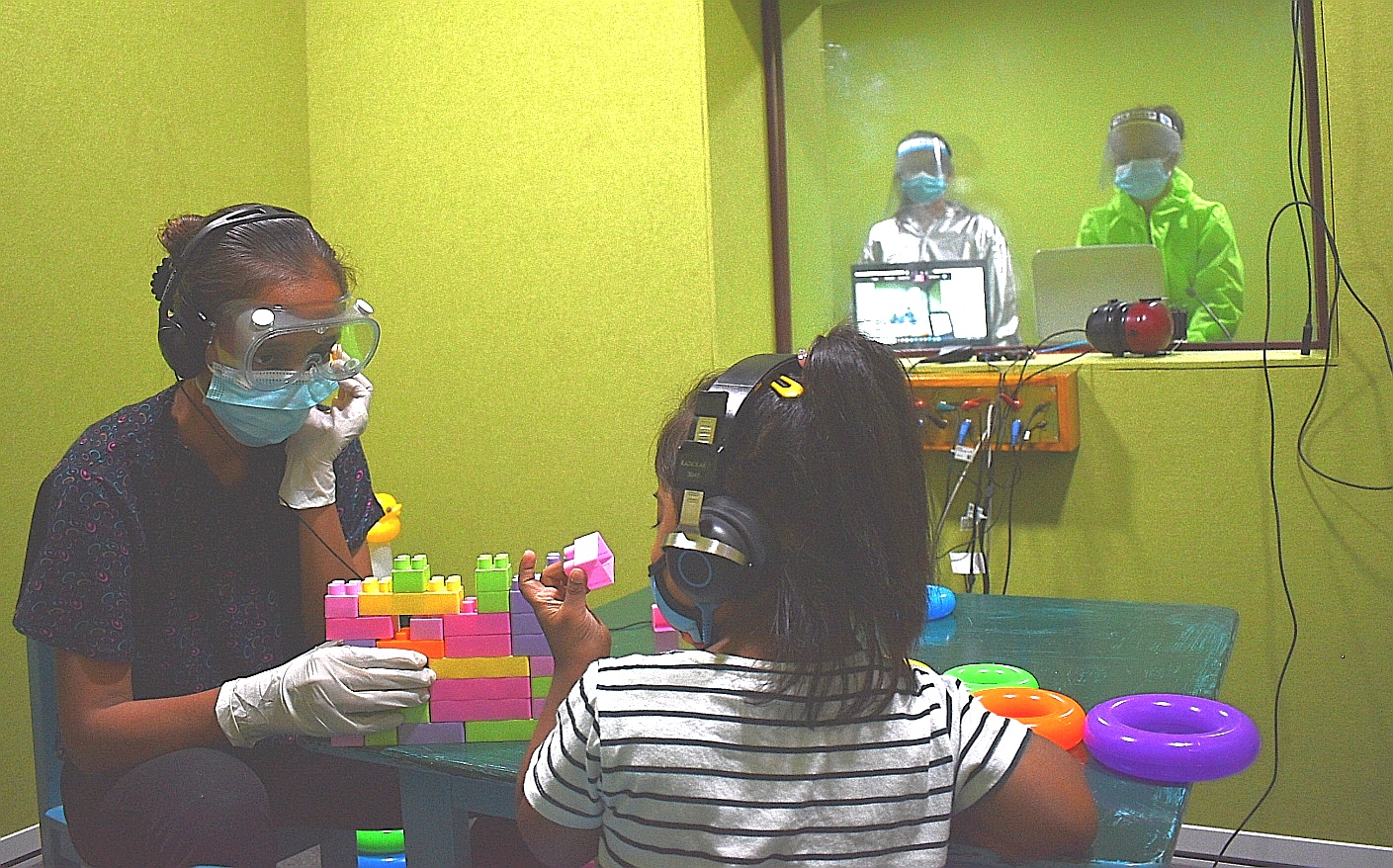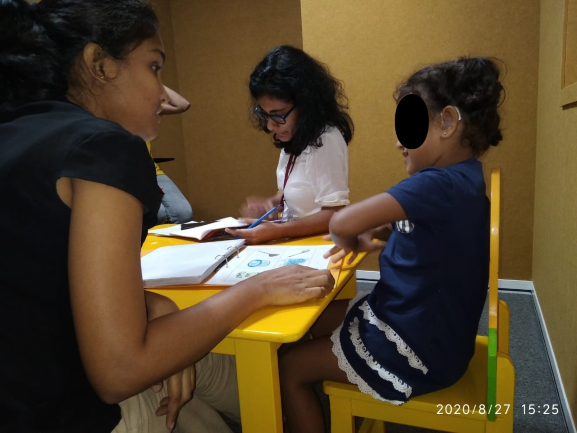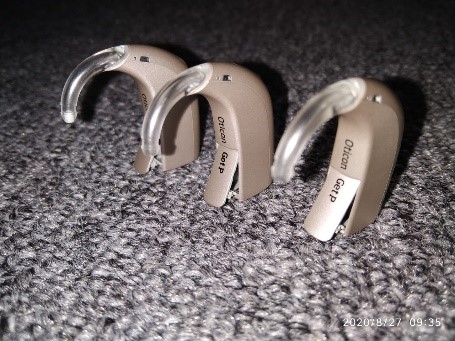Audiology
Every child who visits with hearing difficulties will undergo a battery of audiological assessments and will be referred for necessary interventions and recommendations based on the assessments. Children who require amplification are fitted with hearing aids and trained on how to listen in order to speak effectively.



Audiology Assessments
- Behavioral Observation Audiometry (BOA)
Test which provides a subjective measure of hearing in infants below six months of age - Visual Reinforcement Audiometry (VRA)
Test which is used to evaluate hearing in children in the age range of six months to two and half years - Condition Play Audiometry (CPA)
Test which uses conditioning principles to obtaining the hearing threshold of children between the age of two and half years to five years. - Pure Tone Audiometry (PTA)
Test to obtain hearing thresholds of individuals above the age of five years. - Speech Audiometry
Test protocol which uses speech signals as the stimulus. Used to assess reception, discrimination, and identification of speech. - Otoscopic examination
Visual examination of the ear canal up to tympanic membrane. - Immitance audiometry (Tympanometry, Reflexometry, Eustachian tube dysfunction test)
Examine the conditions of the middle ear and mobility of the tympanic membrane. - New born hearing screening (OAE and ABR)
Hearing assessment for early identification and intervention of hearing loss in new born babies - CAPD Assessment (Central Auditory Processing Disorder)
Test protocol which assesses how the brain processes auditory information - Oto Acoustic Emission (OAE)
Examine the function of structures related to hearing in the inner ear - Auditory Brainstem Response (ABR)
Examine the function of the nerve pathway related to hearing and estimate hearing in all ages - Auditory Steady State Response (ASSR)
Test to estimate hearing which can be used for all ages. - Hearing aid trial
Selection of the most appropriate hearing aid for the hearing loss of the patient - Real Ear measurement
Measuring the sound pressure level in patient’s ear after wearing a hearing aid. - Aided audiogram
Test protocol uses to obtain hearing threshold after fitting hearing aids. - Balance assessment
Test protocol uses to assess ear related balance concerns.
Intervention
Children with pathologies are referred for ENT services. Children with mild to severe hearing loss are fitted with digital hearing aids and directed for auditory training or auditory verbal therapy.
• Hearing aid trial and fitting
• Aided responses
• Real ear measurements
• Counseling on HA care and maintenance
• Fine tuning/ reprogramming of HA
• Auditory skills assessment
• Auditory skills training
• Auditory verbal therapy
• Telehealth
We also provide services like parent/ caregiver counselling, parent/caregiver training on hearing aid care and maintenance, therapy for tinnitus and hyperacusis, vestibular rehabilitation therapy and CAPD management
• Hearing aid trial and fitting
• Aided responses
• Real ear measurements
• Counseling on HA care and maintenance
• Fine tuning/ reprogramming of HA
• Auditory skills assessment
• Auditory skills training
• Auditory verbal therapy
• Telehealth
We also provide services like parent/ caregiver counselling, parent/caregiver training on hearing aid care and maintenance, therapy for tinnitus and hyperacusis, vestibular rehabilitation therapy and CAPD management








